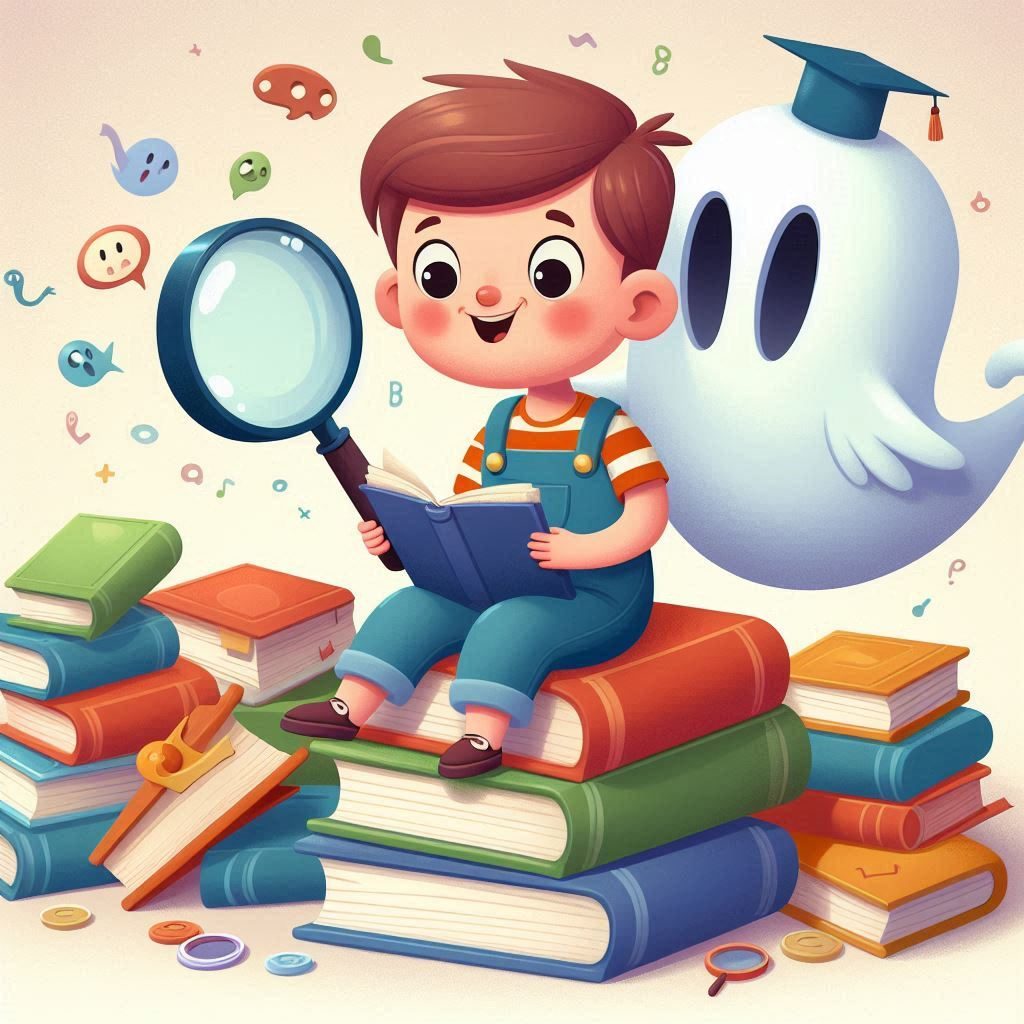The Psychology of Reading: 2nd Edition Insights by Keith Rayner | Psychology Today
Introduction to the Psychology of Reading
Ever wonder what happens in your brain when you read? Reading is a complex cognitive process, whether a novel whisks you away to a different world or an article that makes you think more deeply. It involves more than just recognizing words on a page—it’s about interpreting, understanding, and connecting with information in a way that influences your thoughts, emotions, and even behaviours. Today, we’re diving into the psychology of reading, breaking down how it works and why it’s essential for your mental well-being.
The Cognitive Process Behind Reading
When you read, a lot happens behind the scenes. Your brain is seriously multitasking—processing symbols, making sense of words, and linking them to memories or concepts. Let’s dig deeper into the mechanics.
The Role of the Brain in Reading
Your brain has a specialized “visual word form area” for recognizing written words. This area lights up when you see a word, helping you identify and interpret it. Think of it as your brain’s dictionary. Neurons fire away to help process the visual input, and then boom—you know what you’re reading.
How Words are Processed
It’s like a chain reaction. Your eyes scan a word, send that information to your brain’s language centre, and then your brain processes its meaning. This happens within milliseconds. The amazing part? It’s not just about seeing letters. When making sense of the text, your brain considers context, emotion, and memory. Pretty cool, right?
The Connection Between Memory and Reading
Have you ever had an “aha” moment while reading? That’s your working memory doing its thing! It plays a massive role in reading comprehension by holding onto previous words or sentences and connecting them to new information. Without this memory retention, understanding a simple paragraph would be nearly impossible.
The Impact of Reading on Mental Health
Reading isn’t just for learning or leisure; it’s a tool that directly impacts your mental health. Let’s explore how.
Reading as a Stress Reliever
Are you stressed out? Grab a book. Studies show that reading for six minutes can reduce stress by 68%. It forces your mind to focus, transporting you away from your immediate worries and immersing you in another world. It’s like a mini-mental vacation without ever leaving your seat.
Reading and Empathy Development
Books, especially fiction, allow you to walk in someone else’s shoes, even if it’s just for a while. When you connect with characters, you’re developing your empathy capacity. You’re learning to understand different perspectives, which can make you more compassionate in real life.
How Reading Shapes Perception
Did you know that what you read can change how you see the world? It’s true. Reading isn’t just a passive activity; it actively shapes your perceptions and thoughts.
Reading Fiction vs. Non-fiction
Whether you’re into fictional novels or nonfictional biographies, both uniquely affect your perception. Fiction allows you to imagine and explore “what if” scenarios, helping you think creatively. Non-fiction, on the other hand, grounds you in reality and often challenges you to think critically about real-world issues.
How Reading Expands Worldviews
Have you ever read a book that completely changed how you thought about something? Books can expand your horizons, whether it’s about different cultures, ideologies, or historical events. The more diverse your reading, the broader your worldview becomes.
The Role of Reading in Language Development
Reading and language are like best friends—they rely on each other to grow and develop. Here’s how reading plays a crucial role in language skills.
Early Childhood Literacy and Brain Development
For children, reading is like brain food. Studies show that kids who are read to from a young age tend to have stronger literacy skills and better cognitive development. Early exposure to books shapes the brain pathways necessary for language development.
How Reading Improves Vocabulary and Grammar
Unsurprisingly, the more you read, the better your vocabulary becomes. But did you know it also fine-tunes your grammar? Exposure to different sentence structures, word usage, and writing styles helps you intuitively pick up on language rules without cracking open a grammar book.
Reading Habits and Their Psychological Effects
Your reading habits can reveal a lot about your psychology. Your reading preferences and patterns can say more about you than you think.
How Reading Preferences Reflect Personality
Are you a fan of fantasy novels, or do you prefer non-fiction? Believe it or not, your reading choices can offer insights into your personality. For instance, people who enjoy fiction are often more open to new experiences and tend to be more empathetic.
The Power of Re-reading for Comprehension
Have you ever found yourself reading the same sentence multiple times? Don’t worry, that’s a good thing! Re-reading can deepen your understanding and help you retain information better. It’s like hitting the “refresh” button for your brain.
The Future of Reading in the Digital Age
With the rise of technology, the way we read is rapidly changing. But is that for better or worse?
Digital vs. Physical Reading: Cognitive Differences
Reading a physical book versus reading on a screen may not seem that different, but studies suggest they engage different parts of your brain. Physical books often lead to better comprehension and retention, while digital reading may lead to quicker skimming and less deep processing.
The Rise of Audiobooks and E-books
Audiobooks and e-books have taken the world by storm, and for good reason. They’re convenient and accessible. However, some argue that listening to audiobooks doesn’t provide the same mental workout as reading traditional text. The jury is still out on that one, but one thing’s for sure—technology is changing how we consume written content.
Conclusion
Reading is more than just a pastime—it’s a powerful tool that influences cognitive processes, shapes perceptions, and contributes to mental health. Whether diving into a fantasy novel or learning something new from a non-fiction book, reading can transform your mind and enrich your life. In a world where digital distractions are everywhere, it’s more important than ever to keep reading front and centre.
FAQs
-
How does reading improve brain function?
Reading enhances brain connectivity, improves focus, and strengthens neural pathways involved in comprehension and critical thinking. -
Can reading reduce stress?
Absolutely! Even a few minutes of reading can significantly lower stress levels by diverting your attention from worries and calming your mind. -
Why is reading fiction beneficial for empathy?
Fiction allows readers to step into the shoes of different characters, helping them develop emotional intelligence and empathy by allowing them to understand diverse perspectives. -
Is reading on screens bad for comprehension?
While it isn’t “bad,” reading on screens can sometimes lead to quicker skimming and reduced retention compared to reading physical books. -
How does re-reading a book help comprehension?
Re-reading reinforces memory, deepens understanding, and helps readers catch details they may have missed the first time around.


